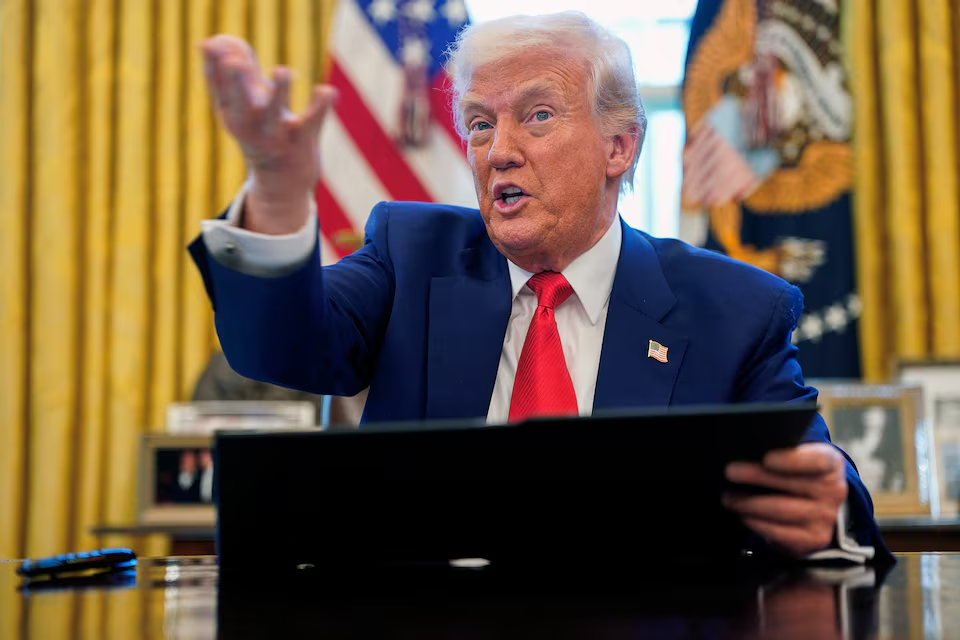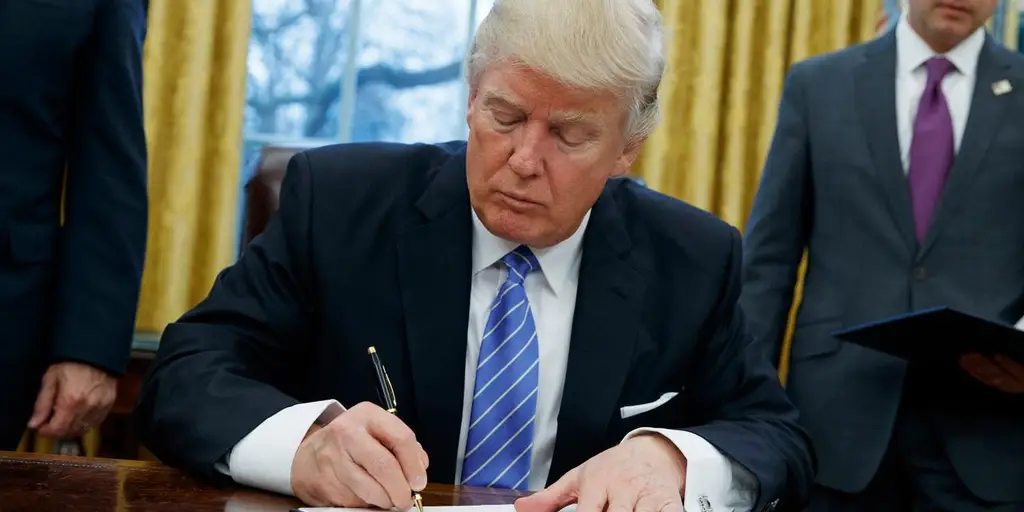A federal judge has struck down President Trump"s executive order targeting the law firm Susman Godfrey, deeming it a blatant violation of constitutional rights. This ruling is not just a win for one firm; it represents a significant victory for civil liberties and the rule of law in America.
Judge AliKhan"s Landmark Decision
U.S. District Judge Loren AliKhan"s ruling affirms that Trump"s executive orders against Susman Godfrey and three other law firms—Perkins Coie, Jenner & Block, and WilmerHale—are unconstitutional. According to The Washington Post, Judge AliKhan stated that the order "threatens the independence of the bar—a necessity for the rule of law." This is a critical point that underscores the essential role legal representation plays in a functioning democracy, especially when the stakes involve challenging governmental authority.
Targeting Legal Representation is Unprecedented
Trump"s actions signal a dangerous precedent. By attempting to sanction law firms for representing clients he opposes, he is directly undermining the First and Fifth Amendments. As reported by Reuters, the administration"s strategy included revoking security clearances and limiting access to federal buildings for these firms. This is not merely an attack on legal practices; it is an assault on the very essence of justice and representation.

Trump signs executive order targeting law firm Susman Godfrey | Reuters
Consequences for Democracy
The implications of this executive order extend far beyond the courtroom. When a sitting president targets law firms for political retribution, he sends a chilling message to all legal practitioners: represent the wrong client, and you risk losing your livelihood and access to justice. This tactic not only threatens individual lawyers and firms but also erodes public trust in the legal system. As noted by NPR, the courts have repeatedly sided with these firms, reinforcing the notion that the law must be upheld regardless of political winds.
Political Strategy in Action
Trump"s executive orders were more than mere retaliatory measures; they were strategic moves designed to intimidate legal entities that challenge his agenda. Firms such as Perkins Coie faced scrutiny for their past representation of Hillary Clinton and their involvement with the Steele dossier. This targeting reflects a broader strategy of silencing dissent and controlling narratives. As highlighted in an article from MTSU, such actions are reminiscent of historical abuses of power, where those in authority seek to punish those who dare to oppose them.

Trump signs three executive orders on Day One | Fox News Video
The Ominous Trend of Compliance
While these four law firms have successfully fought back against Trump"s orders, the broader legal community faces a troubling trend. Many firms have chosen to comply with the administration"s demands, pledging millions in pro bono work to avoid becoming targets themselves. According to The Washington Post, firms like Paul, Weiss have agreed to provide substantial legal services to curry favor with the administration. This compliance undermines the independence of the legal profession and poses a significant threat to the very foundation of justice in our society.
The growing fear among legal practitioners that they may be punished for their clients" political affiliations is alarming. It raises critical questions about the future of legal representation in America, where access to quality legal counsel should not be dictated by political loyalties.

![[Video] Iranian security forces injure woman in Mashhad; death toll exceeds 3,000](/_next/image?url=%2Fapi%2Fimage%2Fthumbnails%2Fthumbnail-1768338642591-z7mptn-thumbnail.jpg&w=3840&q=75)
![[Video] Federal agents drop tear gas canisters from moving vehicles in neighborhood](/_next/image?url=%2Fapi%2Fimage%2Fthumbnails%2Fthumbnail-1768336360849-hrwza-thumbnail.jpg&w=3840&q=75)
![[Video] Protesters surround federal agents at Target in Minneapolis](/_next/image?url=%2Fapi%2Fimage%2Fthumbnails%2Fthumbnail-1768331517834-1384td-thumbnail.jpg&w=3840&q=75)



![[Video] Gunfire between Iraqi security forces and Sadr militias in Baghdad](/_next/image?url=%2Fapi%2Fimage%2Fthumbnails%2Fthumbnail-1768343508874-4redb-thumbnail.jpg&w=3840&q=75)
